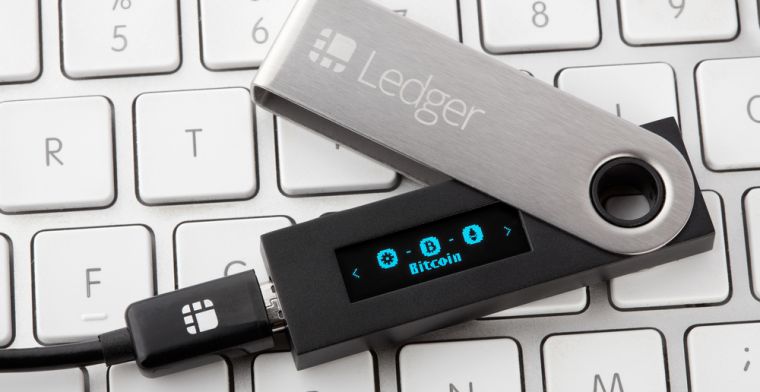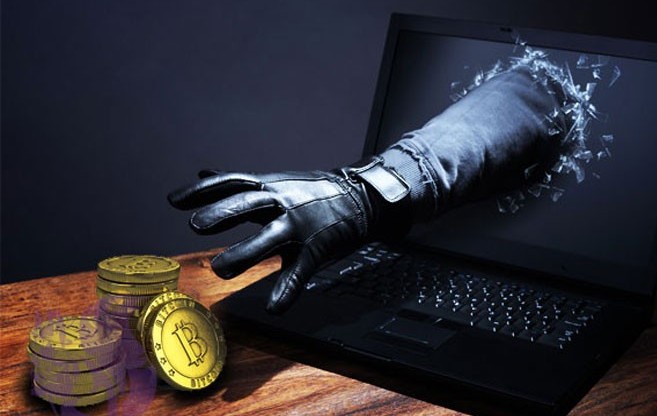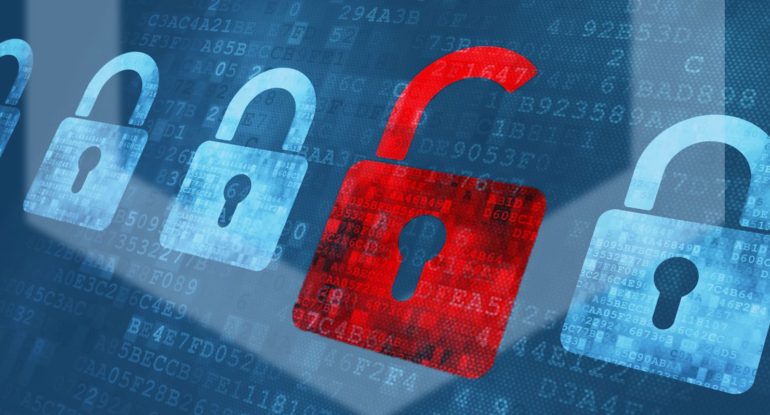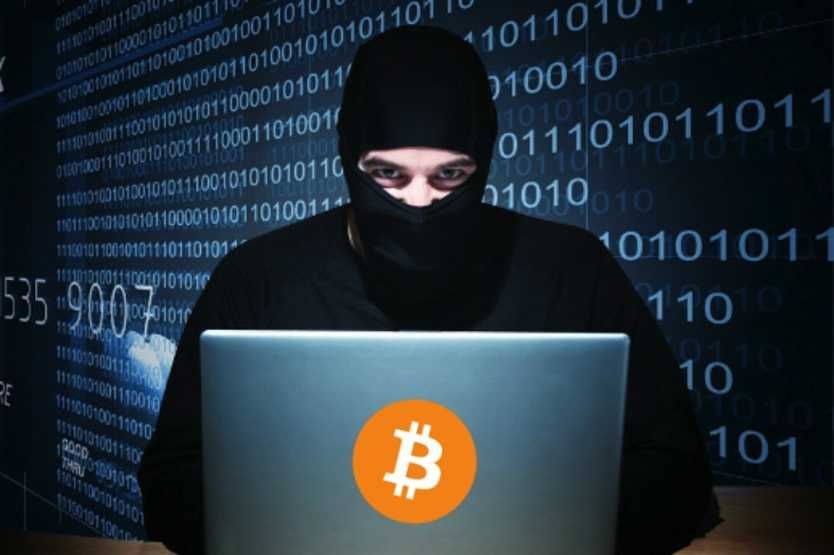
Ultimate Guide To Protecting Your Cryptocurrency
5 Apr, 2019 CryptoParrot
According to The Blocks Research, Cryptocurrency exchange hacks surpass $1.3 billion all time; 61% coming from 2018. This hacking spree, which exposes exchanges and individual wallets is not stopping now. Cryptocurrencies are growing in popularity and a lot of people are getting on the bandwagon. If you are thinking of joining the journey, you need to be crypto-security conscious.
From the American who failed to recall his PIN and lost $30,000 in bitcoin, to the guy who threw his hard drive with $108 million worth of bitcoin away, you could become the next victim of a cryptojacking or a lost PIN. But with many attacks happening on the internet now, this guide will mainly focus on safeguarding your security online. This is how to protect your hard earned cryptocurrencies.
Your cryptocurrency exchange is not your wallet
Cryptocurrencies run on the blockchain technology – making them highly secure, difficult to hack, immutable, and decentralized. But most exchanges are run by centralized servers and anything can happen. The history of cryptocurrencies depicts that exchanges have received the biggest form of attacks, with users waking up to the news of their digital assets swept away.
Until exchanges become truly decentralized, traders and investors need to be vigilant in keeping their assets secure. Crypto investors and traders who would like to hold their assets for the long-term should only buy their crypto on exchanges and store them on either an online or hardware wallet like a Nano Ledger S or X.

For short-term and day traders, it doesn’t hurt to have separate wallets for storing and trading crypto. However, the inconvenience of moving assets from one account to another during the day brings a whole new vulnerability and would require traders to be careful. This brings the second and probably the most important security measure for crypto investors and traders.
Your information should be private
Cryptojacking has become one of the lucrative means used by hackers to get investors and traders. From email attacks to malware to phishing techniques, these hackers get to access passwords and other login details of crypto traders.

Social Media: crypto investors should be careful not to be too open about their trading activities on social media platforms such as Twitter or Facebook. Making such announcements opens their accounts to potential hackers.
Be careful of public WiFi: accessing the internet from public WiFi networks including airports, hotels, and coffee shops immediately expose personal details, including emails and login details of crypto investors and traders to hackers. It’s advisable to use strong and reputable Virtual Private Networks (VPNs) to prevent hackers from intercepting personal information.

Securely create and store passwords
Password creation and use: Guessing passwords these days is not a complex endeavor for hackers. Long and complex passwords that combine numbers, names, and special characters (extremely random passwords like crypto addresses) are difficult to guess than very short and less complex ones. Cryptocurrency investors and traders need to use long passwords. Those with more than 20 characters would be ideal.
Additionally, passwords:
- Be created with common dictionary words (my, apple, laptop, etc).
- Should not contain repeated letters and numbers (abcd, 222, 444, 111 etc).
- Should be devoid of personal or family information (John, your birthday, house addresses etc).
- The same password should not be used for multiple accounts, such as for email, social, and for crypto wallet.
Storing passwords: no matter how great a password is, storing it in a wrong or insecure place exposes it to hackers. There are many password managers that crypto asset holders can leverage to keep their passwords safe. An example of a good password manager is LastPass, where you can keep your password locked up from intruders.
Beyond the password – two-factor authentication
Two-factor authentication is an important feature, especially for people who store their cryptocurrencies on exchanges for day- and short-term trading, as well as on online wallets. Most of these platforms come with 2FA and should immediately be enabled after creating an account. Enabling this feature allows the account holder to receive an authentication notice through an application like Google Authenticator or through a text message, and prevents hackers from hijacking an account even if they have access to the password.
Beware of the choices available

The way you intend to use your cryptocurrencies as an investor or trader would largely determine how your store your crypto. For day traders and short-term investors, it would be convenient to store crypto on exchanges. This case, passwords should be strong, traders should use reputable password managers, and two-factor authentication should be enabled. For long-term investors who want to keep their digital assets for a long time, it is advisable to have a different wallet where cryptos are stored other than on an exchange.
Related articles
Start trading
Recommended crypto exchange
Buy & sell Crypto in minutes
Learn more